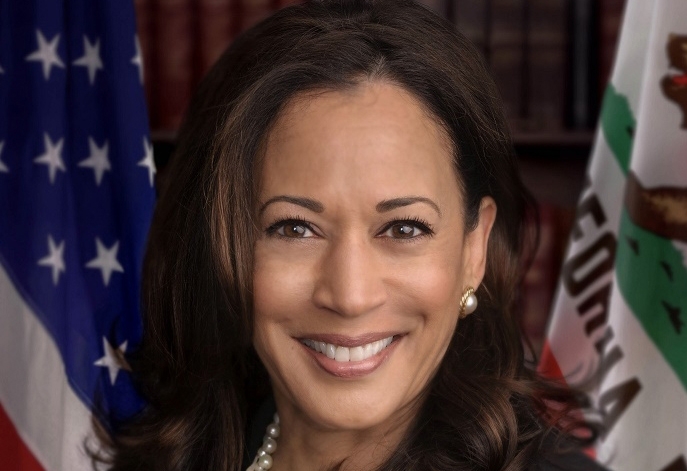iNDICA NEWS BUREAU-
The rise of Vice President-elect Kamala Harris made many Indian American voters finally feel seen and heard by the rest of the country.
During the campaign, she had often mentioned her Indian heritage, especially in her acceptance speech where she remembered how her mother “raised us to know and be proud of our Indian heritage,” and paid tribute to her “chittis,” a Tamil word for “aunties.”
Her historic candidacy helped galvanize Asian American voters, a group often ignored by politicians and political parties, and organizations, to turn out for her and President-elect Joe Biden in record numbers.
However, they want more Indian American and Asian representation at all levels of government ― and the diversity and complexity within Indian American communities means that both parties need to do more to engage them.
Those are some of the key findings from a new survey of Indian Americans by political scientists Sara Sadhwani and Maneesh Arora.
In the weeks before the November election, they surveyed about 1,000 Indian Americans about the election, Indian American representation and major issues in the U.S. and India.
Sadhwani, an assistant professor of politics at Pomona College, and Arora, an assistant professor of political science at Wellesley College, also wanted to find out more about generational differences among Indian Americans. So they analyzed respondents based on whether they were born in the U.S. or immigrated there — and, in the case of the latter, when they immigrated.
Indian immigrants who arrived in the US within the past decade were somewhat more likely to favor President Donald Trump, the survey found. Trump’s campaign made efforts to appeal specifically to Indian American voters, often by citing Trump’s support for Indian Prime Minister Narendra Modi.
Sadhwani and Arora said their findings are a reminder that both parties need to make more concerted efforts to engage Indian American voters — as well as Asian American voters more broadly — and to do so in culturally competent ways.
“We can’t take any community for granted,” Sadhwani told www. huffpost.com.
“Even though Indian Americans, are strongly still correlated with the Democratic Party, that’s not to suggest that it couldn’t change over time as the conditions change in their home country, or as they themselves have different experiences in the United States.”
Arora said the findings also help dispel the myth that Indian American and Asian American voters are apolitical.
Asian Americans have increasingly emerged as swing voters in many battleground states. In Georgia, they were among the key demographic groups that helped deliver the state for Biden. They were also a significant factor in Democrat Carolyn Bourdeaux’s victory in her suburban Atlanta congressional district.
Democrats are hoping to repeat that success in January, trying to register and turn out more Asian American voters for Georgia’s two Senate runoff elections, which will decide control of the Senate.
In putting together his administration, Biden has faced criticism from lawmakers of color, including top Asian American lawmakers, for not selecting enough people of color for high-level Cabinet posts.
In Sadhwani and Arora’s survey, the desire for more representation in politics is something most respondents overwhelmingly agreed on.
Arora said they similarly found broad support when respondents were asked whether they would feel better represented if there were more Asian American elected officials, regardless of nationality.
In addition, nearly 59% of respondents said they would support an Indian American candidate, regardless of the candidate’s political party.
“The fact that so many Indian Americans, regardless of party, are willing to support other Indian American candidates so that they can feel more represented says to me that people aren’t feeling very represented,” Sadhwani said.
“There’s this deep, strong desire for more people to be elected to office who can understand the immigrant experience, who can understand the diversity of the Indian American community in a way that Kamala Harris did when she took the stage during the DNC.”

